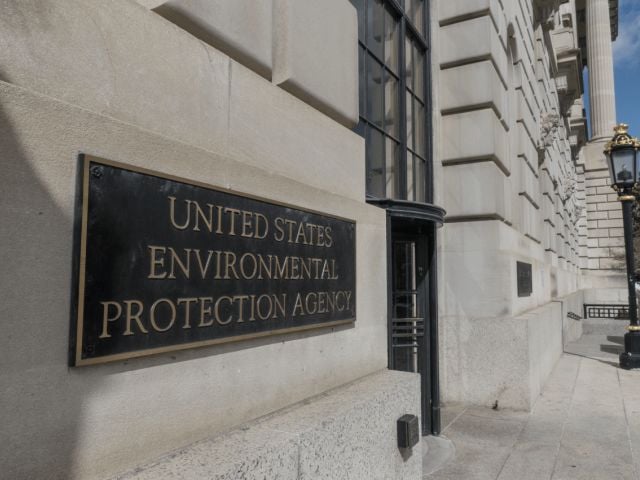
If there was one message from yesterday’s voting, it’s that taxpayers – regardless of party – are worried about the nation’s economy and finances.
Exit polls showed that 77 percent of voters cited either the economy or the federal deficit as the top issue on their minds. And President Obama has already said that the first order of business has to be tackling the deficit and the “fiscal cliff” looming before the nation on January 1.
That’s why Congress should reject efforts to pass a $1 trillion, five-year farm bill in the next five weeks. A lame-duck session is the wrong time to wrestle with this complicated piece of food and farm legislation.
Instead, Congress should pass a responsible extension of the just-expired farm bill, one that finally ends direct payments, extends critical programs only and places reasonable limits on runaway crop insurance subsidies. As we near the fiscal cliff, Congress needs to stay focused on the nation’s economic and fiscal challenges, not on providing more farm welfare at a time of record farm income.
The recent drought has laid bare the enormous cost of federal crop insurance subsidies. In addition to paying most of the premiums, taxpayers will pay most of the claims for lost crops. The total bill to the public for 2012 could easily exceed $30 billion.
Rather than reforming the program to limit the cost to taxpayers and cut off windfall profits for insurance companies, however, both the House and Senate farm bills would increase the insurance subsidies and provide new price and revenue guarantees for highly profitable farm operations, which are enjoying record income despite the drought. If either chamber’s proposed bill had been in effect this year, the cost to taxpayers would have been even greater.
Simply put, it would be irresponsible for Congress to pass a five-year farm bill before we know the full cost of the drought – and the potential cost of further increasing farm subsidies as the House and Senate have proposed.
Anyone who understands how crop insurance works will not be surprised to learn that farm groups and insurance companies are pressing to get a new bill passed before the full cost to taxpayers is tallied.
For the rest of us, here’s a quick summary: Under the current system, the taxpayer pays roughly 60 percent of the premiums and separately gives away more than $1 billion annually to companies that sell the policies. And taxpayers, not the insurance companies, pay most of the claims when insured crops fail. Farmers can even get a so-called “revenue protection” policy that pays out more if crop prices rise during the growing season, as they always do when a drought shrinks the crop.
That’s like having Congress pay 60 percent of your car insurance premium, pay a private insurer like GEICO to sell you a policy, and then pick up most of the cost when you wreck your car. Under the terms of revenue protection policies, Congress would even buy you a nicer car.
You’d be crazy to pass up such an offer, so it’s no surprise that most farmers in drought-stricken parts of Iowa and Illinois have snapped up these policies. What should be a surprise is that many of these farmers will earn more from their insurance policy than they would have made if they had harvested a decent crop. And despite record claims, crop insurance companies will still make a healthy profit.
When Congress held hearings about crop insurance, guess what they found? That farmers and crop insurance companies really like crop insurance the way it is. Shocker!
Congress should pass a responsible farm bill extension that finally ends direct payments, and it should fully examine the costs of the current crop insurance program and the potential cost of proposals to provide new insurance subsidies and price and revenue guarantees.


